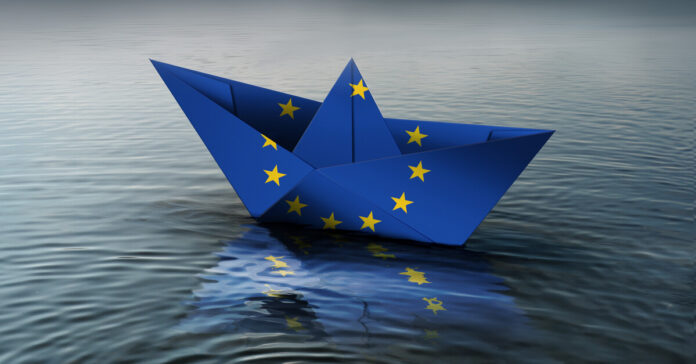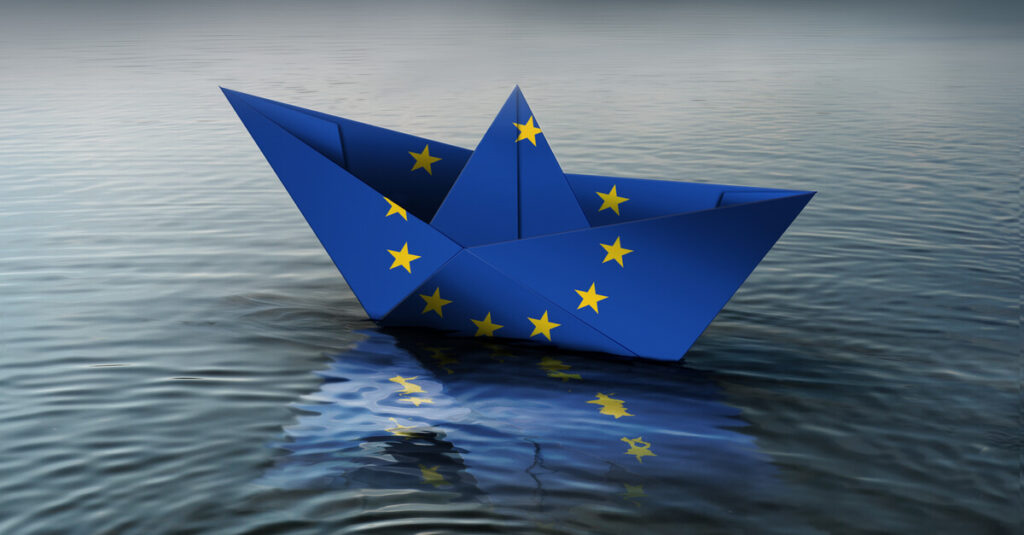
(www.MaritimeCyprus.com) As of 1st of July 2015 Regulation (EU) 2015/757 on the monitoring, reporting and verification of carbon dioxide (CO2) emissions from maritime transport (known as EU MRV Regulation) entered into force. The EU MRV Regulation aims to gain a better understanding of fuel consumption and CO2 emissions from shipping activities within the European Union (EU), and it could be used to create any future greenhouse gas reduction initiatives. As a first step, the regulation is intended to measure CO2 emissions, which will then allow the EU to define reduction targets and finally provide with the means to achieve those targets, as appropriate.
Monitoring, Reporting, Verification (MRV) is a standardized method to produce an accurate CO2 emissions inventory, through the measurement of CO2 emissions. The key principles of the scheme are to generate robust results using a lean approach considering parameters which are already monitored during normal operations within the industry.
Irrespective of a ship's flag, the regulation applies to ships greater than 5,000 GT undertaking one or more commercial voyages into, out of or between EU ports. The regulation however, does not apply to warships, naval auxiliaries, fishcatching or fishprocessing ships, wooden ships of a primitive build, ships not propelled by mechanical means and government ships used for noncommercial purposes.
It requires per-voyage monitoring of CO2 emissions, as well as other parameters, including port of departure / arrival, distance travelled, time spend at sea, quantities of cargo carried and transport work. In addition, the EU MRV Regulation requires the annual disclosure of aggregated data on a ship basis.
It includes four (4) methods for determining the actual fuel consumption for each voyage:
- Bunker Fuel Delivery Note (BDN) and periodic stock takes of fuel tanks
- Bunker fuel tank monitoring on board
- Flow meters for applicable combustion processes
- Direct CO2 emissions measurements
Delegated acts
On 28th of July 2016 the European Commission (EC) released the delegated acts of the EU MRV Regulation for public consultation. The delegated acts include specific information on verification and accreditation, a template of the monitoring plan, determination of cargo carried and monitoring methods. The public consultation has been concluded on August 25, 2016 and the EC will review feedback received from industry stakeholders for implementing the final delegated acts.
Time frame
Dromon Bureau of Shipping
DBS as an International Ship’s Classification Society and Inspection Body is anticipated to be among the first accredited verifiers and will be able to assess monitoring plans and verify CO2 emissions as monitored per ship for accuracy.
DBS can offer the following services:
- A GAP-analysis to identify the current procedures followed by the Company, weakness in process and systems and any gaps between current practices and the requirements of the EU MRV Regulation and its delegated acts;
- Assess the conformity of the monitoring plan with the requirements laid down in Articles 6 and 7 of EU MRV Regulation and its delegated acts;
- Assess the conformity of the emission report with the requirements laid down in Articles 8 to 12, Annexes I and II of EU MRV Regulation and its delegated acts;
For further information about DBS please visit www.dromon.com or via email at mrv@dromon.com
Although the delegated acts are still to be finalized DBS is encouraging Companies to prepare ahead for the implementation of the EU MRV Regulation. Companies can start considering the methodology to be followed to fulfil the forthcoming monitoring and reporting obligations of their fleet using existing and new procedures in order to have a robust system for collecting and reporting greenhouse gas emissions.
Source: Dromon Bureau of Shipping

















Reblogged this on .